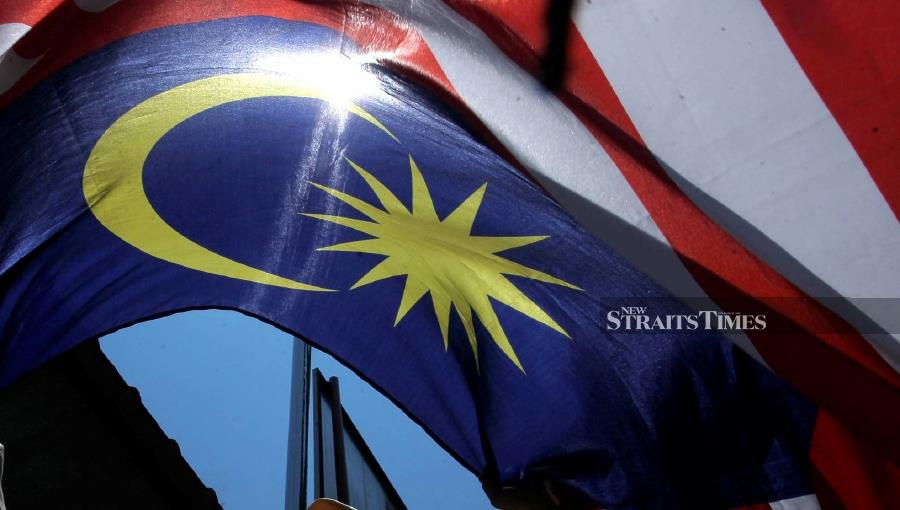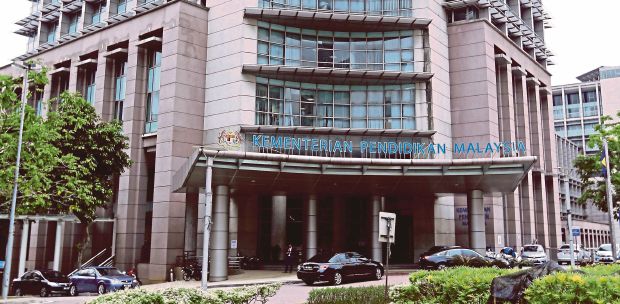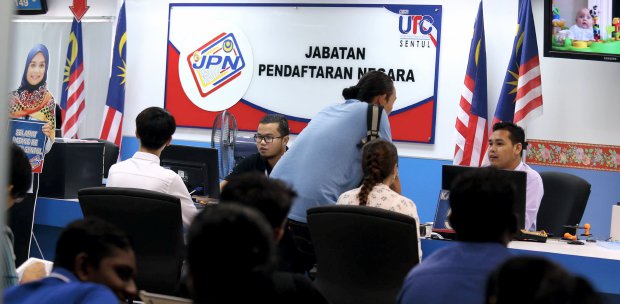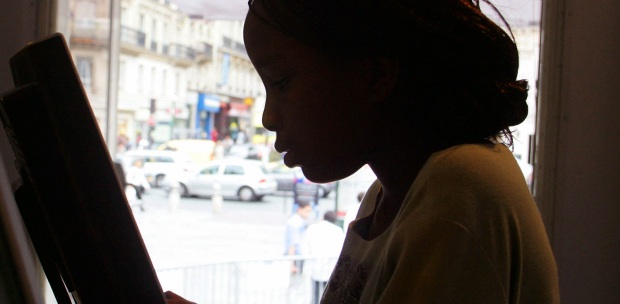KUALA LUMPUR: The Home Ministry has acted irresponsibly by blaming the issue of stateless children on parents who did not register their marriages.
The approach taken by the ministry on the matter is also contrary to the Federal Constitution, said Lawyers for Liberty advisor N. Surendran.
He said the approach taken was also similar to the discredited approach of the previous Barisan Nasional regime, which led to large numbers of children becoming stateless in the country.
Surendran said the marital status of the parents is irrelevant under the Federal Constitution when it comes to the issue involving the children's citizenship.
He added that by virtue of the 2nd Schedule, Part 2, section 1(a) of the Federal Constitution, as long as one of the parents of the child is Malaysian, the child automatically becomes a Malaysian citizen.
The situation remains the same even where the mother is a non-citizen because the child has fulfilled the requirement under section 1(a) that at least one parent is a citizen, he said.
"Section 17 states that in relation to an illegitimate person, a reference to his ‘parents’ must be regarded as a reference to his mother does not apply to section 1(a)," he added.
In short, Surendran said, irrespective of the mother being a non-citizen and the marriage being unregistered, the child is automatically entitled to Malaysian citizenship as long as the father is a citizen.
"Hence, the position taken by the government in the Dewan Rakyat yesterday (Monday) is a gross misstatement or misunderstanding of the law.
Deputy Home Minister Datuk Mohd Azis Jamman told the Dewan Rakyat that the National Registration Department (NRD) recorded a child’s status as a citizen or non-citizen based on the marital and citizenship status of the parents at the time of his or her birth.
"Why is the Home Ministry bent on wrongly interpreting the Constitution to the prejudice and disadvantage of guiltless children, and rendering them stateless?"
Surendran said to adopt the course suggested by the Home Ministry would be to punish the innocent child simply for being illegitimate, which is unjust and barbarous.
The deputy home minister had also claimed that children of unregistered marriages whose mother is a non-citizen can always apply under Article 15A for citizenship.
Azis had also said that in cases involving non-citizen mothers and the late registration of marriages, the couple could apply for their child's citizenship at the NRD under Article 15A of the Federal Constitution.
Article 15A provides special powers to federal administrators to register a person under the age of 21 as a citizen.
"But Article 15A is of no use to stateless children as it is granted at the absolute discretion of the Home Minister", said Surendran.
He said it has been a common problem that the application under Article 15A takes several years to process and frequently results in repeated rejection, while the stateless child remains in limbo.
He added that the PH government’s answer yesterday in the Dewan Rakyat that the children can apply under Article 15A was the standard response given by the previous BN government.
"It is a transparent delaying tactic to deny citizenship to desperate stateless children."
"The position taken by the Home Ministry is not only against the law and Constitution but also against the PH manifesto which recognised the problem of statelessness in Malaysia," he said.
Surendran called upon the government to reverse its position and grant citizenship to all children born in Malaysia, one of whose parents are Malaysian citizens, irrespective of whether their parent’s marriage was registered.





